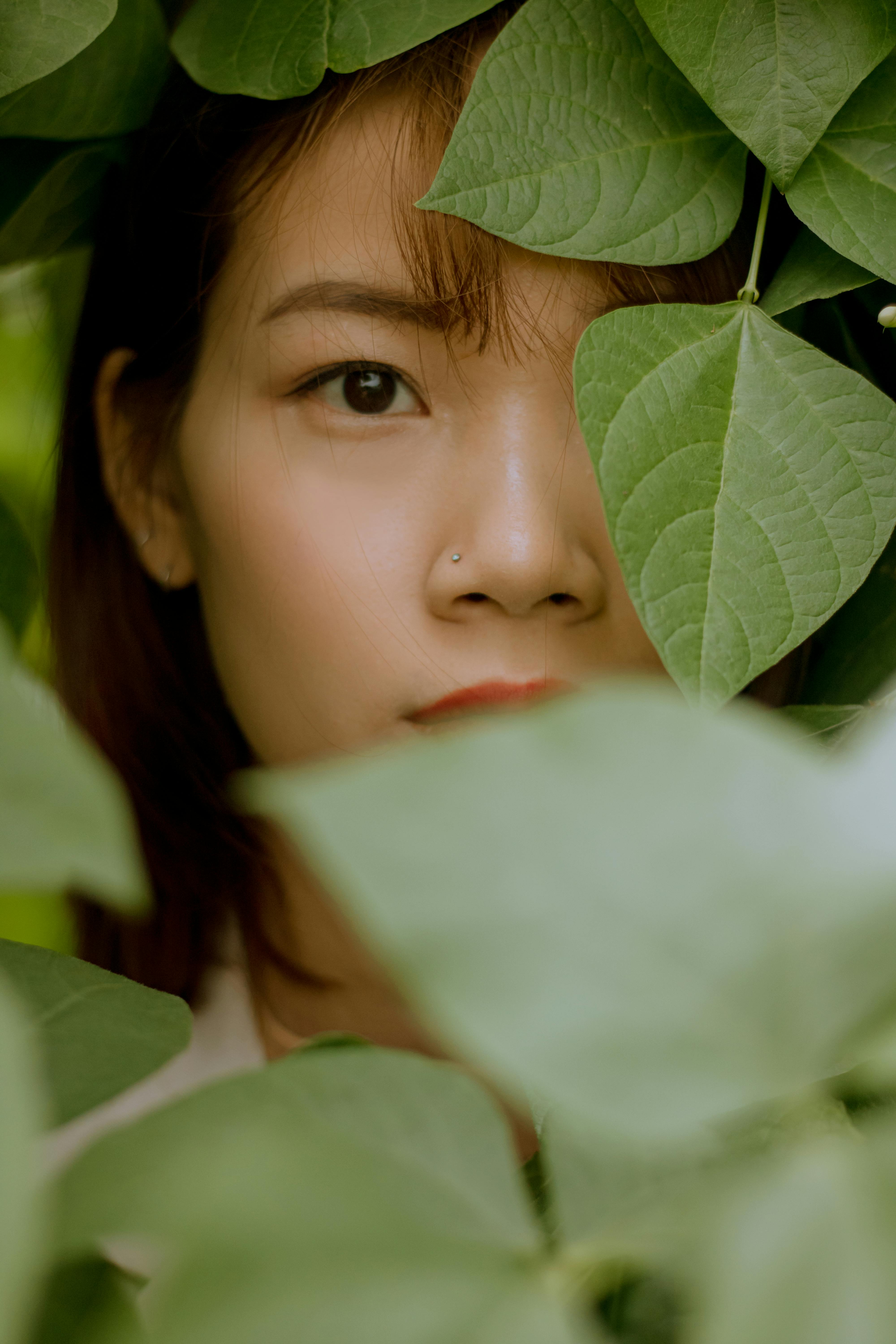A Pakistani bride is more than just a simple meeting; it is an elaborate and lovely party of the union between two hearts and their families. Weddings are usually special events in any home. After Pakistan gained its independence in ۱۹۴۷, traditional Indian rites and more modern customs were combined to create the Pakistani marriage history.
One of the main celebrations at a Pakistani marriage is the Barat, or couple’s introduction, which is accompanied by grand procession and lots of music and dances. The bride wears a spectacular Anarkali dress, and the man is customarily dressed in one. Since it is a time for celebration and delight, the groom’s complete relatives joyfully welcomes his bride.
Following the Barat is the Nikah ( nikh a ) ceremony, in which the couple signs the marriage contract in front of friends and family. A recognized Muslim pastor or Imam is required to conduct the Nikah, a somber and catholic ritual.
The Dastar Bandi ( dstr bndy ), in which the groom’s family places a turban on his head to identify him as man, is another significant occasion. In the months of Rabi el-akhar pakistani woman, Rajab, Shaaban, and Muharram, this ceremony is commonly performed by the groom’s home elders and takes place on the first Monday, Wednesday, or Thursday.
The bride participates in the Mayun festival, which is incredibly gorgeous. Her feminine family and friends surround her and cover her hands, toes, and encounter with ubtan or haldi. This is a symbolic way for the wedding to wish herself fate in her new existence.
Another custom is that the bride’s father gives her to her husband using the Quran as a sacred text to wish them both the best in the future. The bride’s families find the Rukhsati to be a very touching and personal time, but it also indicates that they have done their part as kids and that their daughter is then prepared to start her own family.
The couple’s household hosts the Walima, also known as the welcome, which is a lavish event. The meal is excellent, and the visitors are welcomed with open arms. This is the last day of a Pakistani bride, and everyone rejoices and celebrates the brides’ pleasure. The visitors eat, drink, and waltz with the newlyweds as a group. Along with playing sports and singing songs together, they moreover play dholaks, which are musical instruments that resemble drums in the shape of barrels. Additionally, the visitors offer merupakan e khair, a worship for the future union of the bride and groom.

Add a Comment